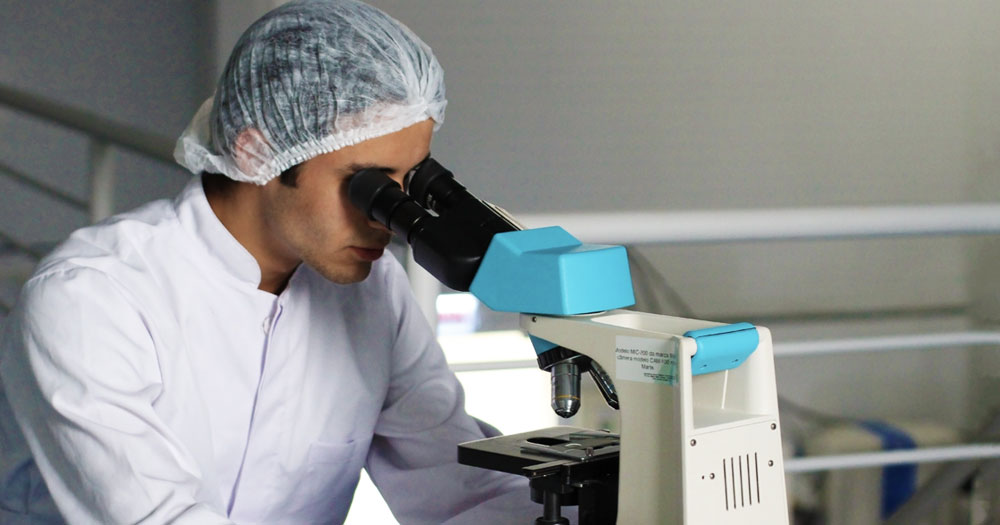In a world first, scientists in New Zealand have found that vaccination against meningitis can reduce the incidence of infection with the STI gonorrhoea.
In a study published on The Lancet, scientists have discovered that vaccinating against meningitis B reduced the likelihood of being infected with gonorrhoea by over thirty per cent.
“We assessed vaccine effectiveness of the outer membrane vesicle meningococcal B vaccine (MeNZB) against gonorrhoea in young adults aged 15-30 years in New Zealand,” the study authors wrote.
“Estimate vaccine effectiveness of MeNZB against gonorrhoea after adjustment for ethnicity, deprivation, geographical area, and sex was 31%.”
“Exposure to MeNZB was associated with reduced rates of gonorrhoea diagnosis, the first time a vaccine has shown any protection against gonorrhoea,” they added.
“These results provide a proof of principle that can inform prospective vaccine development not only for gonorrhoea but also for meningococcal vaccines.”
Antibiotic Resistance
There has been growing trepidation amongst the global healthcare community around the development of antibiotic-resistant strains of the STI gonorrhoea.
In addition, certain commentators have voiced their concerns that the availability of PrEP, a pill taken daily which can prevent HIV infection, could cause a spike in other STIs as men who have sex with men (MSM) elect not to use condoms.
While in London HIV diagnosis rates are down more than forty per cent since late 2015, in part attributed to PrEP availability, instances of other STIs, like gonorrhoea, continue to rise.
The results of this GSK funded study usher in the much welcome prospect that a more effective vaccine against gonorrhoea could be developed in the future.
Preventing Gonorrhoea Infection
For those looking to boost their resistance to gonorrhoea by taking this vaccination, they are out of luck.
BBC News report that the MeNZB vaccine has been replaced by a new vaccine, 4CMenB, which contains some of the same components but has not been studied for its effectiveness at preventing gonorrhoea from being contracted.
Gonorrhoea is spread through unprotected sexual contact, including unprotected oral sex.
Rates of gonorrhoea infection in Ireland had increased by sixty-three per cent in 2016, according to a report from Newstalk, with the increase occurring predominantly in MSM.
Until a vaccine is developed which can prevent gonorrhoea infection, condom use and safe sex practices remain the most effective tools to stop gonorrhoea from being contracted while engaging in sexual activities.
Would you take the new 4CMenB vaccine in the hopes of gaining protection from being infected with gonorrhoea? If a gonorrhoea vaccine did become available would you get it? Let us know in the comments below.
© 2017 GCN (Gay Community News). All rights reserved.
